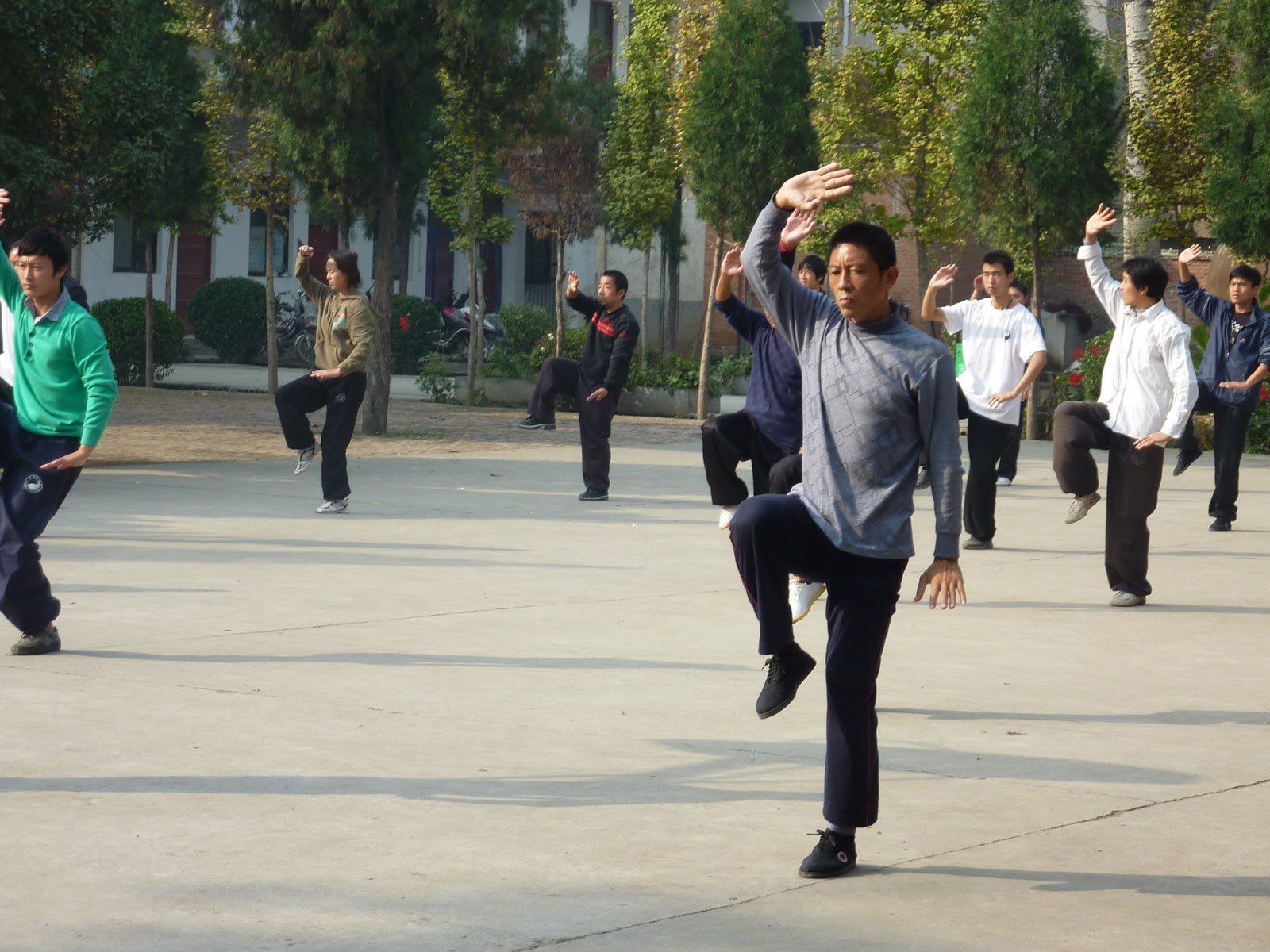Taking Pleasure in Small Steps
What does it take to be a master of Taijiquan (or anything else for that matter!)? The ex-Soviet Union, in their Process of Achieving Sports Mastery, reserved the title of "master" for individuals (regardless of what disciple they were pursuing) who had either achieved a world record or won a world level championship. That is, individuals who had achieved an extraordinarily high level of performance. Compare this to the endless list of Taiji “masters” in any major city listing. Perhaps it is easy to master Taijiquan? Hardly!!
We live in a culture at odds with the proper understanding of mastery. Movies, commercials and popular culture, present life as an uninterrupted series of successful peaks, without little thought for the effort, pauses, and setbacks that all winning individuals inevitably encounter on the road to success. Today individuals are programmed to expect a certain level of excitement and interest in any experience, or we become quickly bored. Students leave Taijiquan classes in droves when they do not match up to the effortless and fragrant images from coffee table magazines. Everywhere we are encouraged to adopt a quick-fix and bottom-line mentality. In our work life and even at home, we are told to set goals, to measure our advances, and to expect continuous progress towards our goals. And even happiness itself is defined in terms of reaching those goals - "Get a six pack in six easy weeks"...
George Leonard's classic book, "Mastery: The Keys to Success and Long-Term Fullfillment", explains mastery ultimately as a person’s commitment to a process. In his words:
· "...mastery is not about perfection. It's about a process, a journey. The master is one who stays on the path day after day, year after year. The master is the one who is willing to try and fail, and try again, for as long as he or she lives"
·"Almost without exception, those we know as masters are dedicated to the fundamentals of their calling. They are zealots of their practice, connoisseurs of the small incremental step...".
Leonard characterised the practice of these masters as "involving a certain steadfastness, an ability to take pleasure in the endless repetition of ordinary acts".
The real road to mastery in Taijiquan (and anything else) is the path of patient, dedicated effort without attachment to immediate results. Great success in any physical endeavor, including Taijiquan is built upon consistency and patience. We must be prepared to pay the price both in time and energy. In the words of Chen Fake, one of Chen Taijiquan’s most celebrated practitioners, “beginners should practice slowly, so that the movements are correct. Practice makes perfect, so after a LONG TIME movements can naturally be fast and steady”. [FIRST PUBLISHED 23/11/2011]

